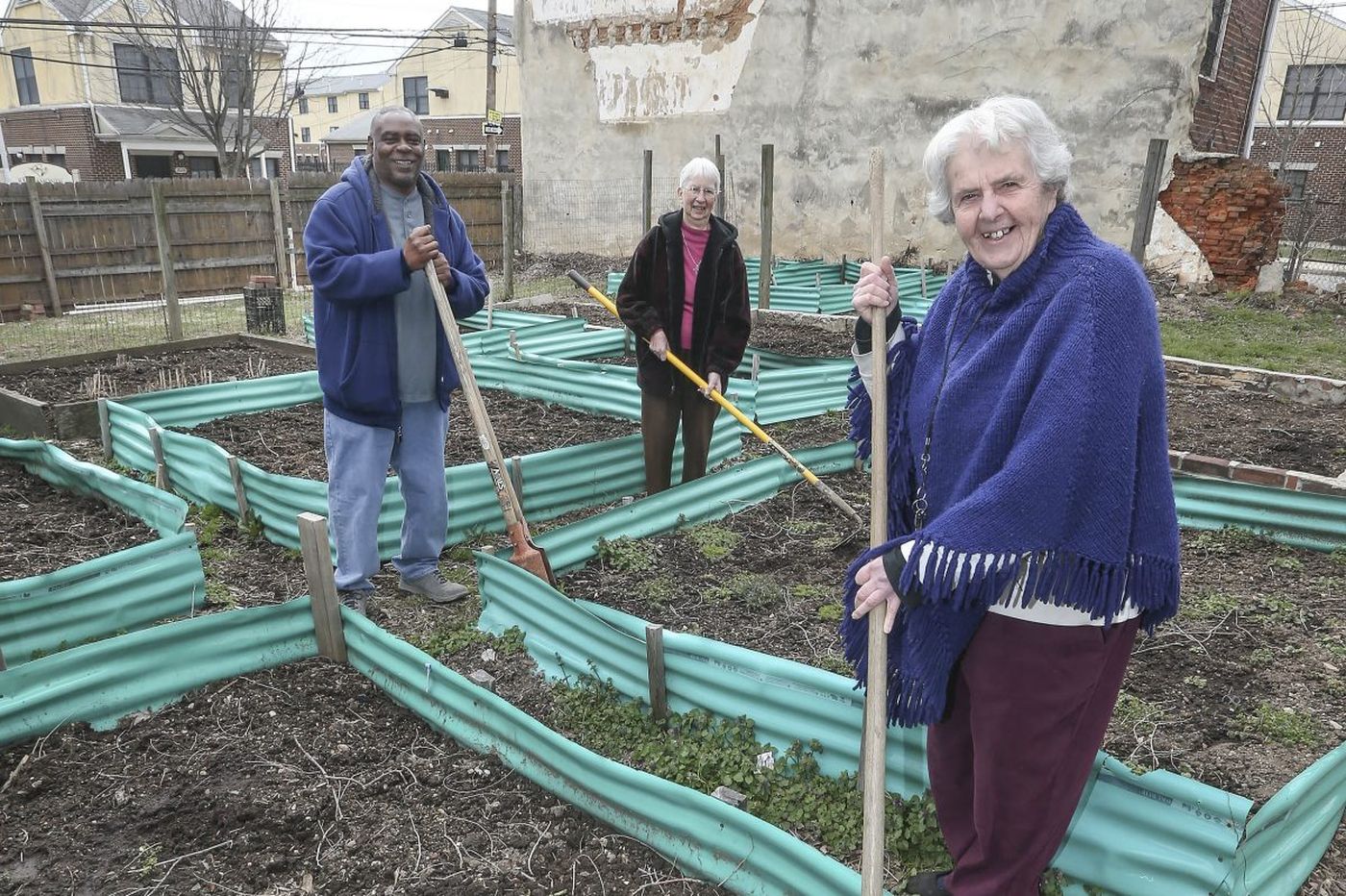Adverse possession is a legal tactic that enables an individual or organization to gain possession of privately-owned land if that individual or organization has been actively using that piece of land for over 21 years.
What do I need to do to acquire a lot through adverse possession?
The legal requirements of adverse possession require an individual or organization to essentially squat on a parcel of land for a certain amount of time. The requirements vary by state, but most states require the use to be:
- continuous for the statutory period (twenty-one years in Pennsylvania)
- actual, or use of the land as the owner would use it—a use in line with the character of the land
- open & notorious: the user is not concealing his/her use of land, enabling the actual owner to see that another is using the property.
- continuous
- hostile: the user cannot have permission from the owner. For the statutory period to start, or for the clock to start ticking on your claim, you cannot be gardening with the permission of the property owner. Therefore, short-term agreements with the owner for gardening will not help an adverse possession claim exclusive, which implies that the user is treating the property as if it is his/her own, to the exclusion of others
Each of these five elements must be satisfied throughout the time required by Pennsylvania—or 21 years. The squatter cannot abandon the property once he/she begins to adversely possess it.
What does “statutory period” mean?
The statutory period is the amount of time that the above requirements must be fulfilled in order for an adverse possession claim to work. It is one of the biggest challenges
What are the pros and cons of pursuing adverse possession?
While adverse possession can be a helpful tactic for individuals or groups using otherwise vacant land for many years, it is a complicated process usually requiring a lawyer.
Pros
Clear and defined path to land tenureMay be less expensive than buying property- A solution in cities with abundant vacant land, where no policy has prevented the land from continuing to exist unused
Cons
- Adverse possession claims, or “quiet title actions” take time and resources
- Gaining title through adverse possession does not rid you of the burden of unpaid debt, such as taxes or liens on the property that may have existed for decades on the property
- The user must garden without the permission of the landowner for the statutory period to start, so short-term agreements with the owner do not help an adverse possession claim.
- Users must fulfill many elements for a long period of time
Anything else I need to know?
Given the long statutory period of 21 years for an adverse possession claim, this tool is not likely helpful for recently started gardens. However, if you have been gardening for years on a property that is privately-owned (often by an absentee or deceased property owner), then adverse possession is a more viable tool. In this case, it is essential that you ensure your adverse possession claim will not result in your garden taking on the burden of years of unpaid tax debt or liens.
Think you could gain legal ownership of your garden through adverse pocession ?
Check if your land has debt associated with it here.
New Jerusalem: An Example of Adverse Possession in Action
By filing an adverse possession lawsuit and working with city agencies, the Public Interest Law Center’s Garden Justice Legal Initiative helped a community garden and addiction recovery center in North Philadelphia secure possession of plots they had tended for decades.
New Jerusalem, located on the west side of North Philadelphia, is a residential addiction recovery community run by Medical Mission Sisters. In the 1990s, the non-denominational organization took over vacant lots and turned them into fruit and vegetable gardens. The gardens serve as a local and fresh food source for the community as well as meditation spaces for the Sisters and people in recovery.
In March 2018, we filed a successful adverse possession lawsuit that helped New Jerusalem obtain the deeds to two privately owned lots, with the help of pro bono counsel Morgan Lewis.
Credit: STEVEN M. FALK / S (Philadelphia Inquirer)
Think you may want to pursue an adverse possession claim? Contact the Garden Justice Legal Initiative here.
This document is meant to be a living document of resources and recommendations for those growing food for themselves, their neighbors or others. If you would like to add a resource to this page, or if you see something on this page that appears to be inaccurate, please contact Jonathan McJunkin.

